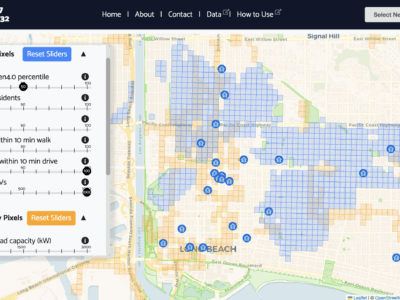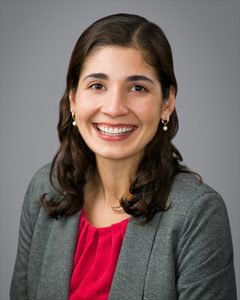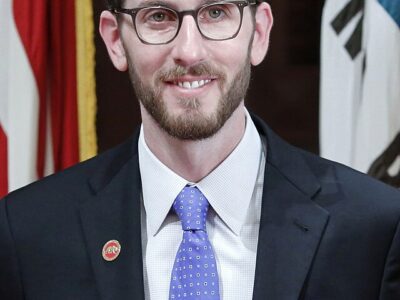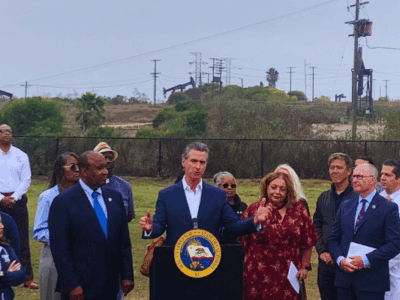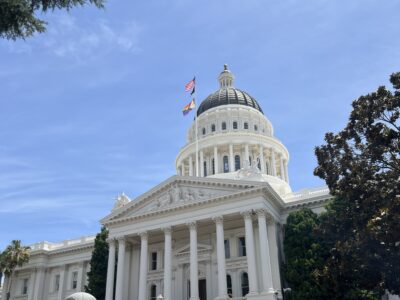California
Where Should EV Chargers Go?
California set an infrastructure milestone – but how can it reach ambitious goals for EV drivers?
As the California Energy Commission proudly announced this week, the state is now home to over 200,000 publicly accessible electric vehicle chargers. This milestone is worth celebrating, both in absolute and relative terms: California has far more individual public charging ports than gasoline nozzles, and with around 2 million EVs now on the road, around …
Continue reading “Where Should EV Chargers Go?”
CONTINUE READINGCalifornia and Brazil Advance Joint Climate Action
The new MOU announced at New York Climate Week increased engagement and joint climate leadership ahead of COP30.
This week, California Governor Gavin Newsom led a high-level meeting with Brazil’s Environment Secretary Marina Silva to expand the long-running partnerships that exist between the Golden State and the largest country of Latin America. The meeting resulted in a new Memorandum of Understanding (MOU) between both governments to continue to collaborate on climate action. Although …
Continue reading “California and Brazil Advance Joint Climate Action”
CONTINUE READINGNew York Climate Weak
The Drain is a weekly roundup of environmental and climate news from Legal Planet.
Now is the time for courage. Now is not the time to pull punches or pull speakers. We need more speech — not enforced silence. That’s why I’m not a big fan of shutting down campus speakers, even those who might spread climate obstruction. Like Vicki Hollub, the CEO of Occidental Petroleum, who was being …
Continue reading “New York Climate Weak”
CONTINUE READINGNew CARB Chair, New CARB Mandate
Lauren Sanchez has been named to the state’s most important climate job.
About 15 years ago, when presenting about California’s then-new climate change law AB32, I used to show a slide with six words on it — “Why Mary Nichols Rules the World”— along with a huge photo of Mary. The slide let me talk about the enormous authority and discretion bestowed by AB32 on one agency, …
Continue reading “New CARB Chair, New CARB Mandate”
CONTINUE READINGLet’s All Play The Zoning Game!
SB 79 passes, but could there be a huge loophole in it?
Well, there’s the reason why the last election I ever won was for chalkboard monitor in the second grade. Last Friday, the California Senate passed the Assembly’s version of SB 79 (Wiener), which mandates higher densities and height restrictions within a half-mile of high-quality transit stops (with diminishing densities and heights the farther one goes …
Continue reading “Let’s All Play The Zoning Game!”
CONTINUE READINGCalifornia Takes a Stab at Climate and Energy Costs
The Drain is a weekly roundup of environmental and climate news from Legal Planet.
It’s remarkable that with everything else that’s raging, climate and energy bills still managed to dominate the legislative session that just wrapped in Sacramento. After all, the reason lawmakers were still at work this past Saturday — the day after the legislative session was supposed to end — was that negotiations on climate bills pushed …
Continue reading “California Takes a Stab at Climate and Energy Costs”
CONTINUE READINGCertainty for the California Compliance Carbon Market
California’s signature climate program receives formal legislative extension through 2045.
As the California legislative session came to an end last week, Assembly and Senate leaders released a last-minute deal on formally extending California’s Cap-and-Trade Program for the next two decades through Assembly Bill (AB) 1207. The bill received the required supermajority vote on Saturday, September 13, and now moves to Governor Newsom’s desk for signature. …
Continue reading “Certainty for the California Compliance Carbon Market”
CONTINUE READINGBread and Circuses and Journalism
How to get readers interested in housing and land use? Bring in reality stars!
If you want to get a good sense of the travails of the modern press, look no further than Politico’s recent writeup of SB 79, Senator Scott Wiener’s new bill to mandate upzoning around transit stops. Importantly, this isn’t because it’s a bad article but precisely because it’s a good article (and not just because …
Continue reading “Bread and Circuses and Journalism”
CONTINUE READINGCalifornia Must Invest in Climate and Communities to Drive Climate Progress
The state has pioneered an approach—what’s worked, and what’s next?
As solar and other climate infrastructure construction accelerates, and with Californians concerned both about the cost of living and about seeing local opportunities result from climate projects, the conversation about community benefits (commitments to hiring and other local investments made by developers in connection with new projects) has grown increasingly animated in California and even …
Continue reading “California Must Invest in Climate and Communities to Drive Climate Progress”
CONTINUE READINGClean up on aisle 131
Legislature should fix flaws in SB 131
As this year’s legislative session comes to a close, I want to highlight legislative action that I hope happens in the next session. I noted earlier that AB 130 and SB 131 both were important steps to advance infill housing in California by creating exemptions for infill housing from the California Environmental Quality Act (CEQA). …
Continue reading “Clean up on aisle 131”
CONTINUE READING



